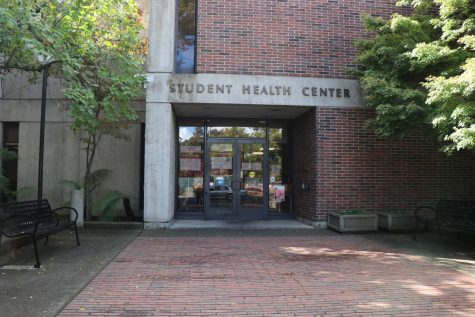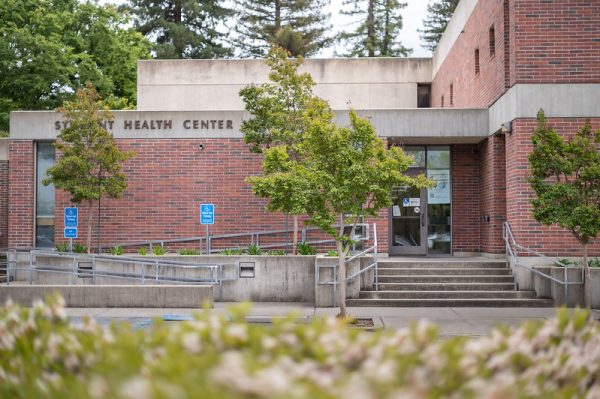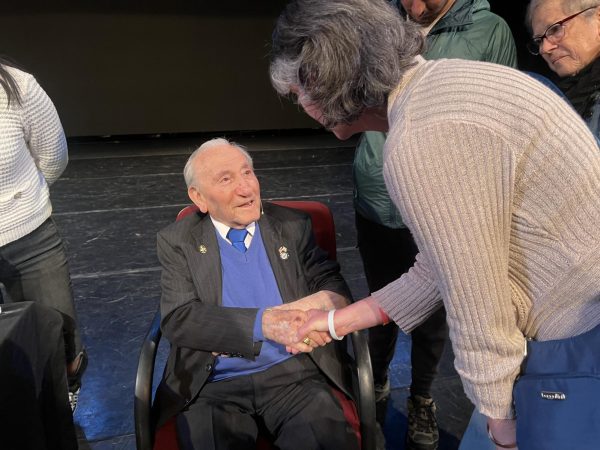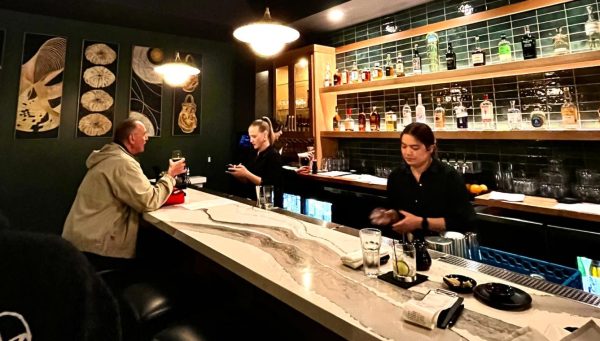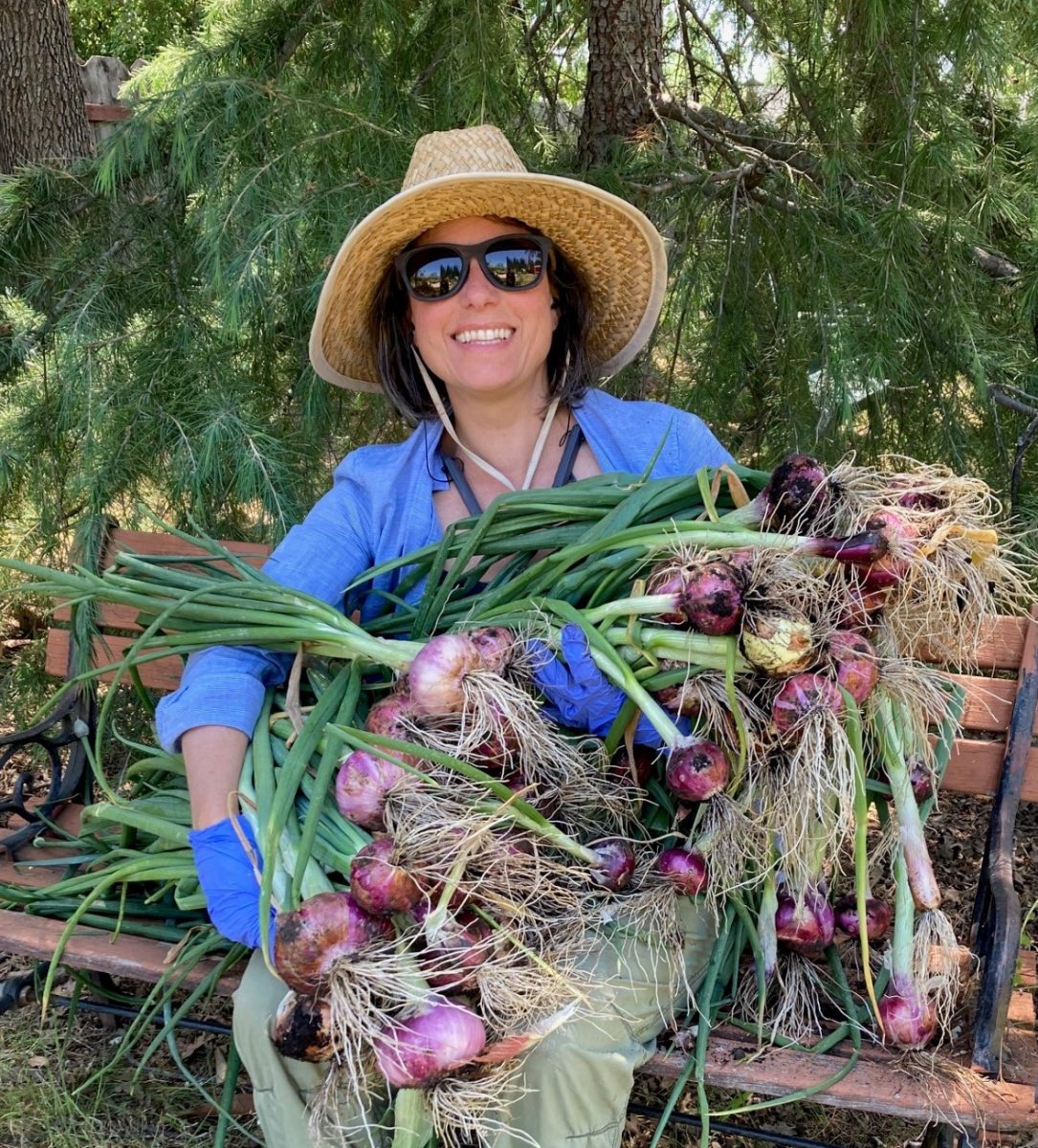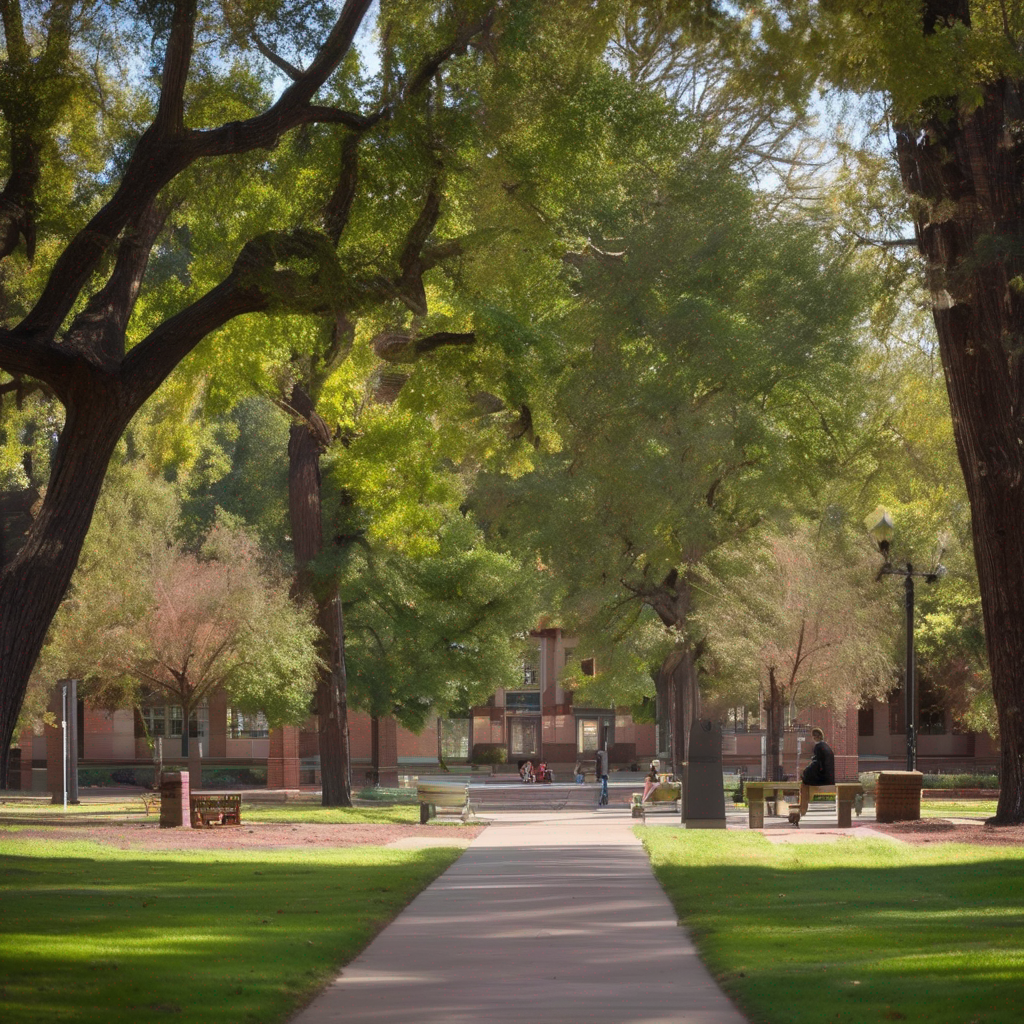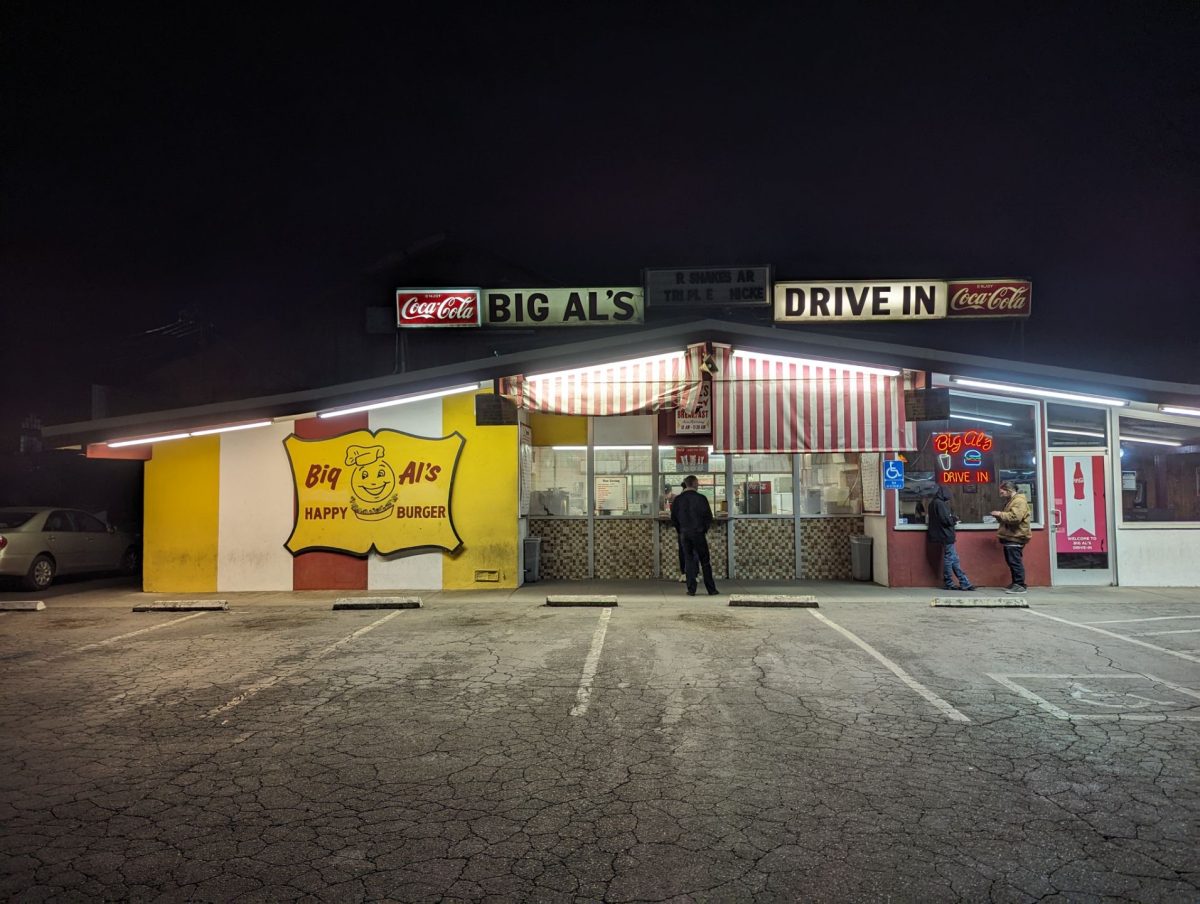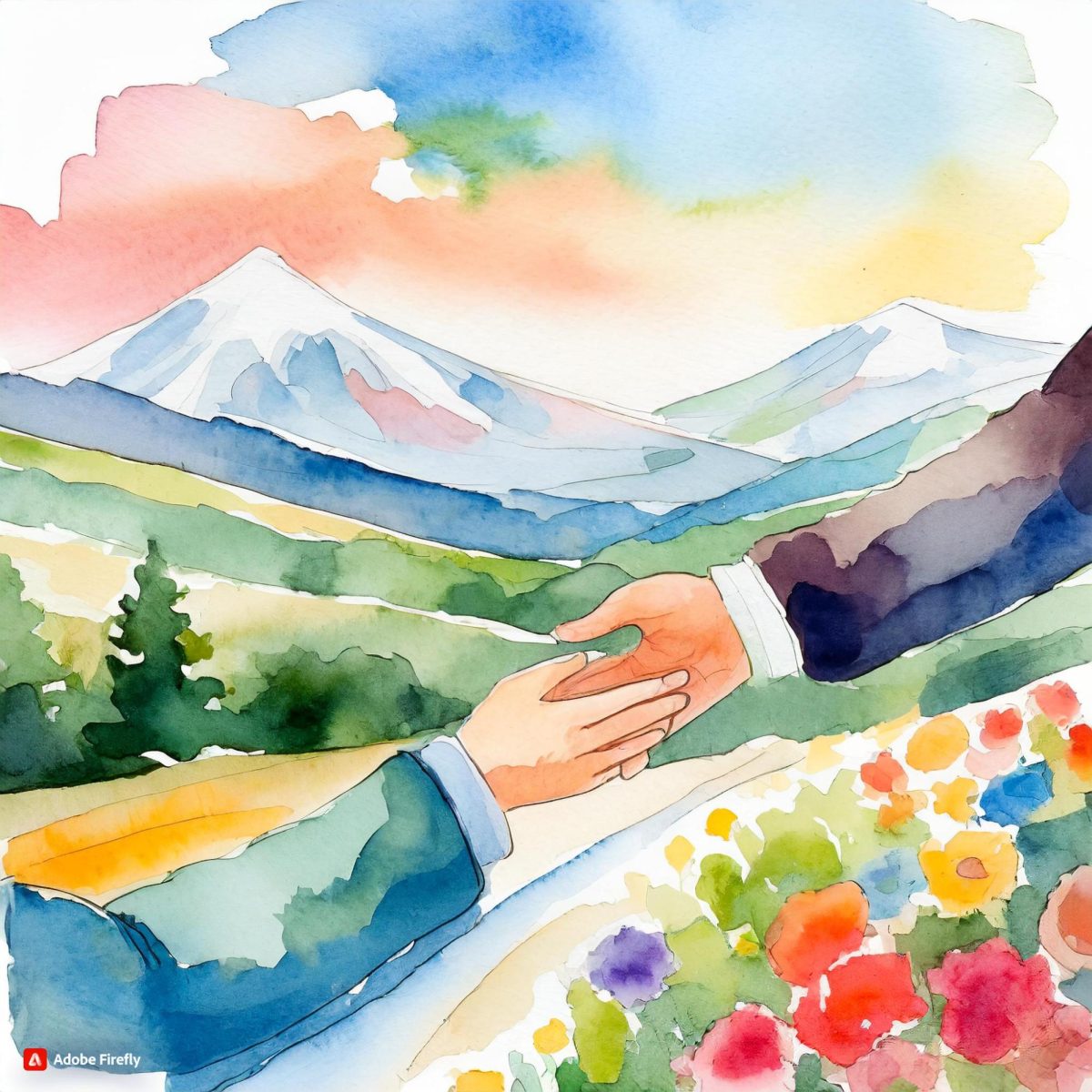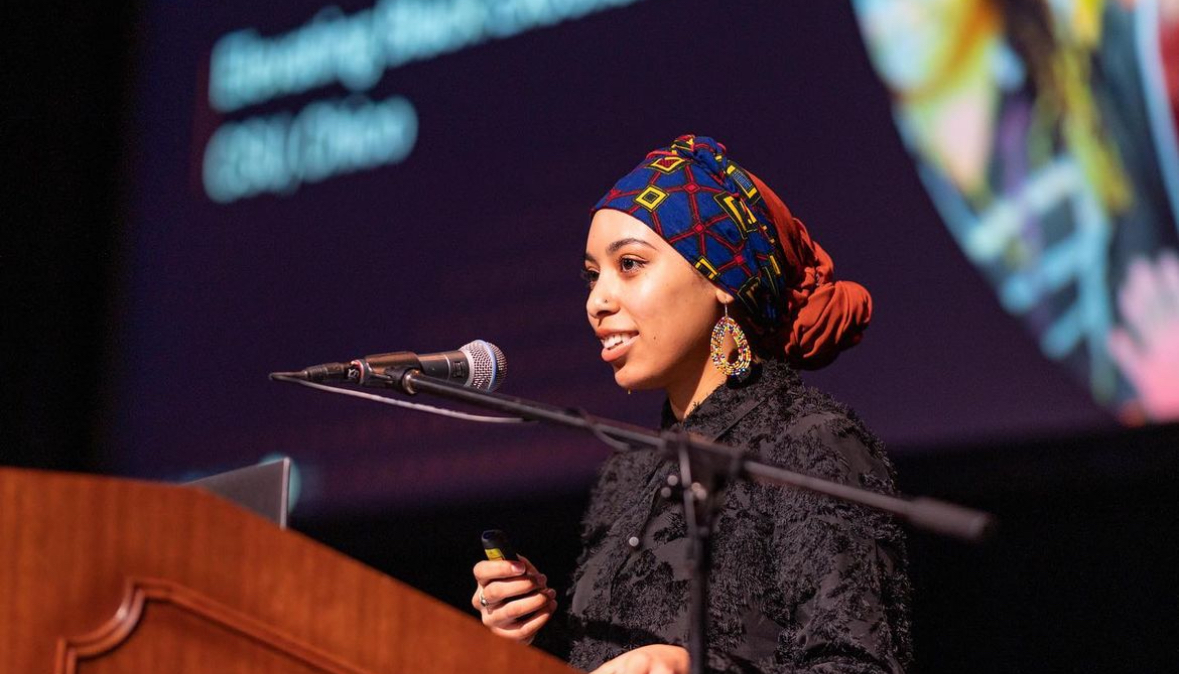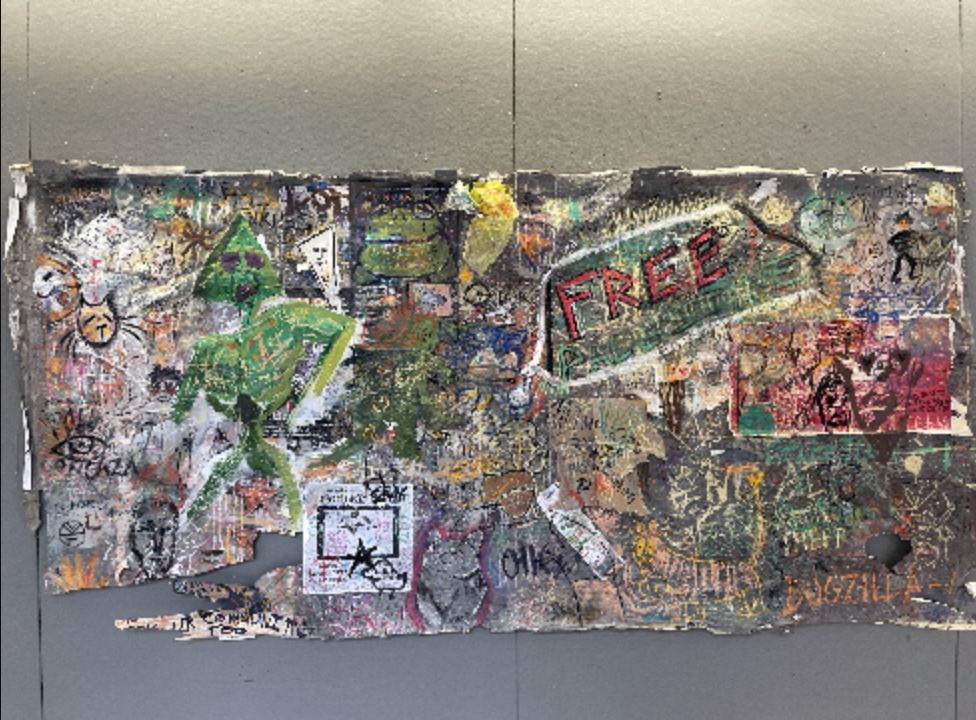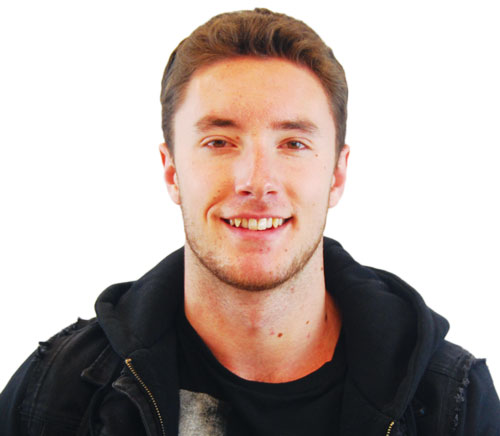
What was Sex Ed in school like for you? Informative? Awkward? Funny? Disgusting?
Sex education began around the 1950s. I believe it still has a long way to go.
My sex education was taught in a manner that said, “You’re better off not having sex until you’re married. But then again, use a condom if you do end up experimenting.”
It culminated with a full-frontal video of a mother giving birth. That image will be etched upon my pubescent mind forever.
I don’t mean to downplay the subjects that were taught to me. The biology of sex is still very important. As is the science of birth, the transmission of sexually transmitted infections and considering when you want to have sex.
But I believe certain topics are being left out. These topics are crucial for giving teenagers and young adults as much power as possible to make smart decisions in their sex lives.
Contrary to what I was being taught by my biology teachers, the media continued to portray sex as something to be curious about. It’s used as a status symbol and to market products. It was also a hot topic among my peers.
Practicing safe sex goes much farther than birth control. It also goes farther than learning how to put a rubber on a banana.
Safe sex includes knowing when you are ready to do it for your first time. It also includes knowing both the emotional and physical consequences of sexual acts.
A person who practices safe sex should be aware of the happiness and connection that is possible through this experience. They should also know the reasons why sex has become so objectified in our society and how not to let it affect their own lives.
The concept of sexual anxiety was never mentioned in my education. Nor was how important body image is to a healthy sex life. Finding these out for myself led to long periods of stress and misunderstanding.
Even a topic as crucial as how to communicate with partners about certain issues remained out of the discussion.
I believe current sex education leaves a very steep learning curve.
Sex education of teenagers and young adults should encompass the realities of their sexual environment and then teach the knowledge and skills needed to navigate it safely.
If I was taught back then what I know today, my sexual journey would have been much easier and much safer to navigate.
Sex education affects many lives, but it still has a lot of work to do. To see for yourself, check out the current sex education guidelines for California.
Michael Karp can be reached at [email protected] or @_MichaelKarp on Twitter.
